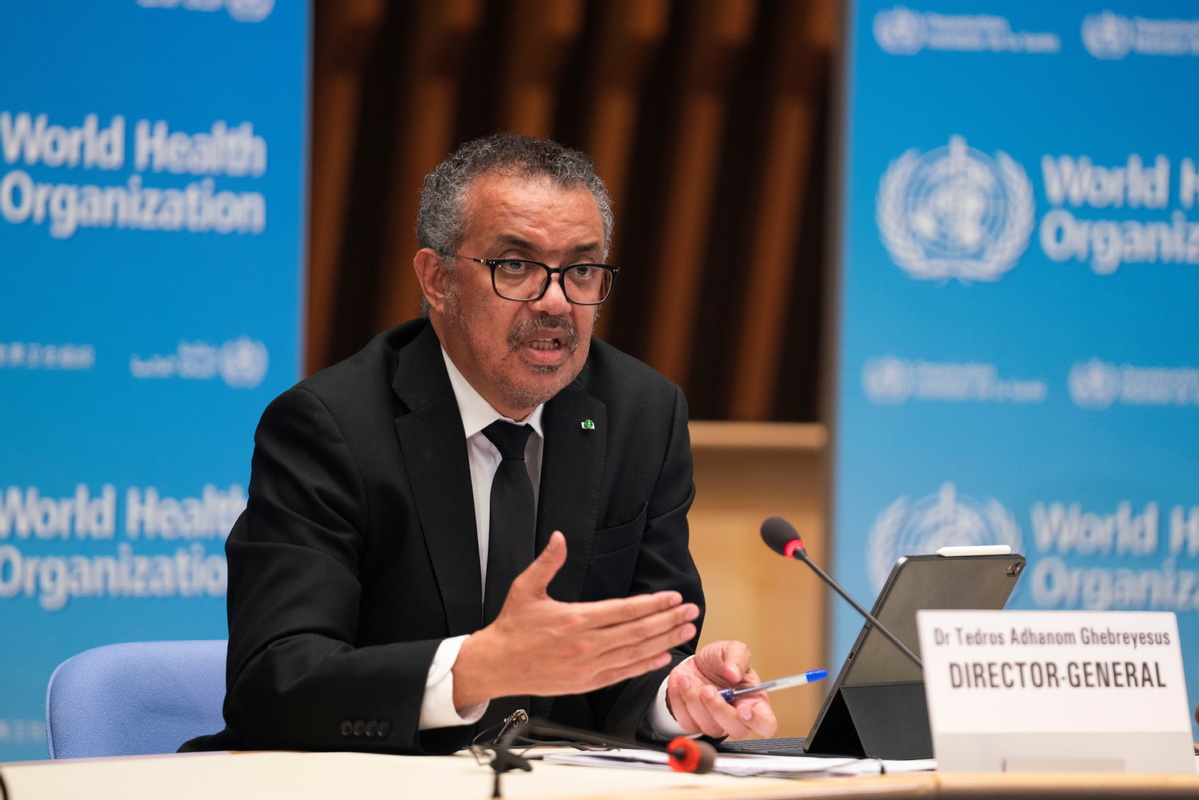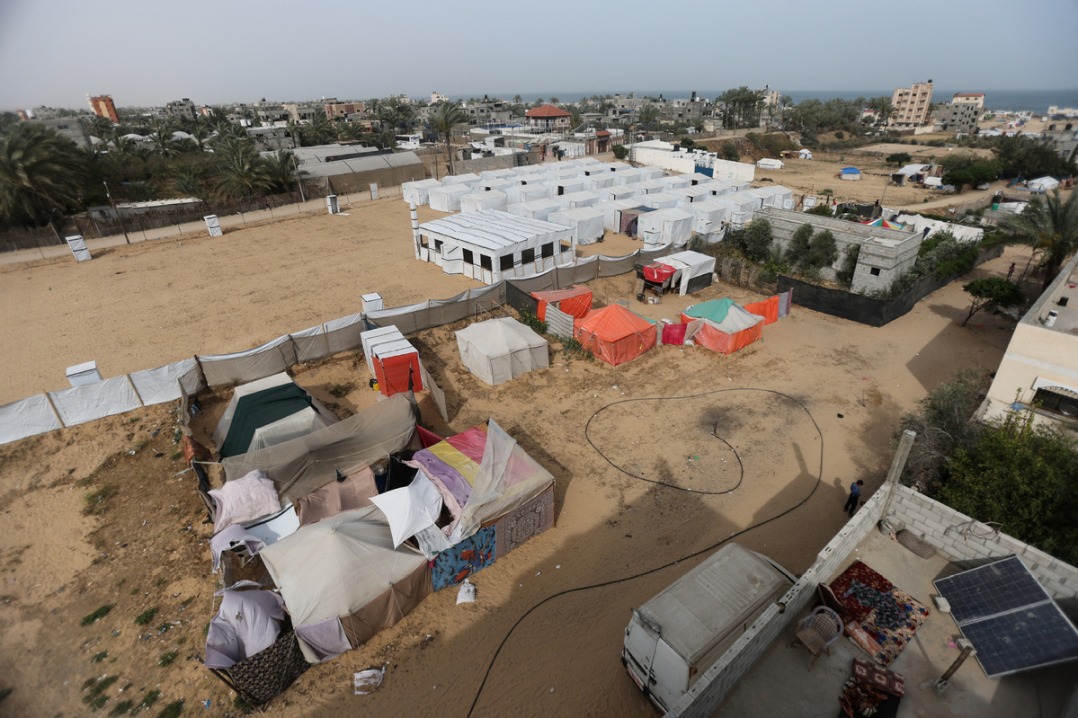Leaders pitch unity to head off future pandemics


More than 20 world leaders have joined the head of the World Health Organization, or WHO, in signing a letter calling for a new global strategy to deal with future pandemics.
The leaders include Germany's Chancellor Angela Merkel, France's President Emmanuel Macron and British Prime Minister Boris Johnson. They put their names alongside that of WHO Director General Tedros Adhanom Ghebreyesus in pushing for action following the devastation of COVID-19.
The letter, published in major newspapers across the world, calls for the establishment of a framework to encourage cross-border cooperation, similar to treaties drawn up after World War II to help shattered economies to rebuild.
"Following the devastation of two world wars, political leaders came together to forge the multilateral system," the letter says. "The aims were clear: To bring countries together, to dispel the temptations of isolationism and nationalism, and to address the challenges that could only be achieved together in the spirit of solidarity and cooperation-namely peace, prosperity, health and security."
The pandemic, the letter continues, had exploited national divisions, but at the same time highlighted the importance of sharing knowledge and data for the greater good of all peoples.
"The COVID-19 pandemic has been a stark and painful reminder that nobody is safe until everyone is safe," the letter says.
According to figures released by Johns Hopkins University in the United States on Monday, there have been more than 127.6 million cases of COVID-19 worldwide, resulting in 2.7 million deaths.
David Nabarro, the WHO's special envoy on COVID-19, told the BBC that unless serious action was taken, it would be well into 2022 before the whole world could be regarded as generally vaccinated.
"During that time all sorts of problems with variants will emerge, and so all that leaders are saying is 'this problem is so huge we've got to work together to deal with it'," he said.
Cooperation highlighted
Gregg Gonsalves, an infectious disease specialist at Yale University, said the number of new variant strains highlights the importance of a global vaccination strategy.
"New mutations arise every day," he said in a statement. "Sometimes they find a niche that makes them more fit than their predecessors."
"Unless we vaccinate the world, we leave the playing field open to more and more mutations, which could churn out variants that could evade our current vaccines and require booster shots to deal with them."
The COVAX coalition, against so-called vaccine nationalism, says it hopes at least 27 percent of people in lower-income countries will have been vaccinated by the end of the year, but this figure has been heavily criticized. "The urgency we see in rich nations to vaccinate their populations, aiming for all adults by the summer, is simply not reflected globally," said Max Lawson, head of inequality policy at Oxfam.
"Instead, we have COVID aiming for perhaps 27 percent by the end of the year if we possibly can manage it-that is simply not good enough."



































